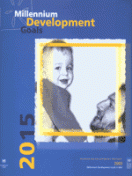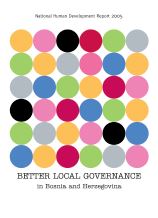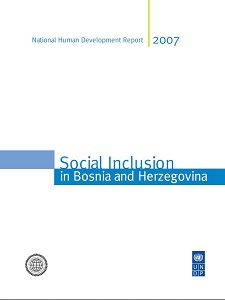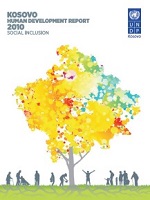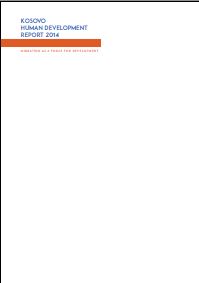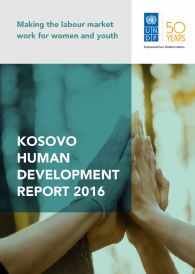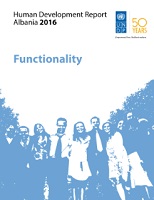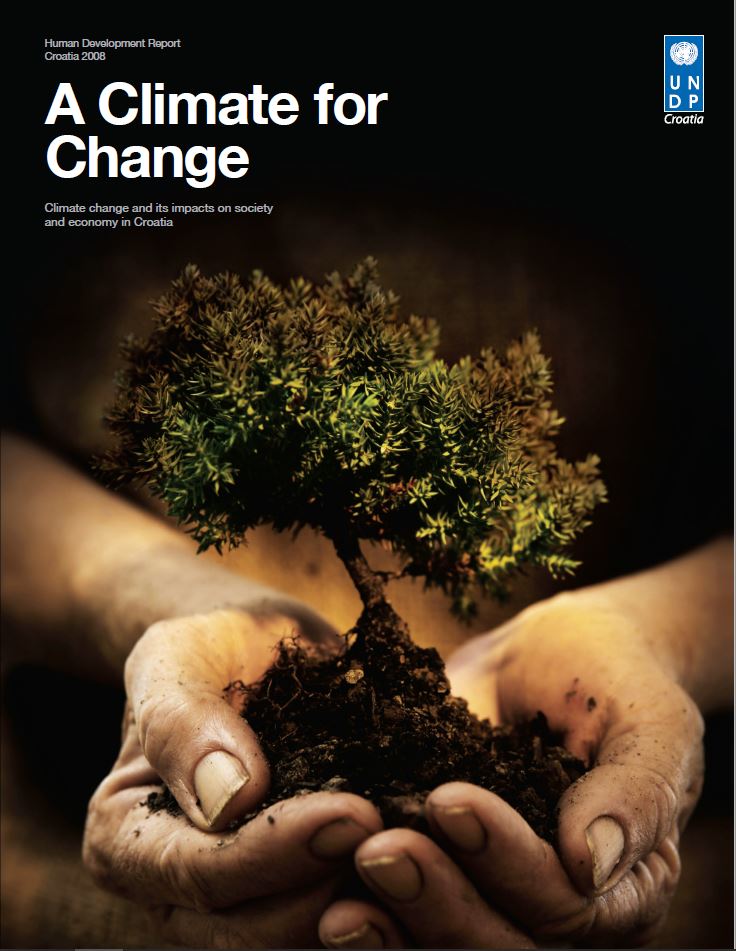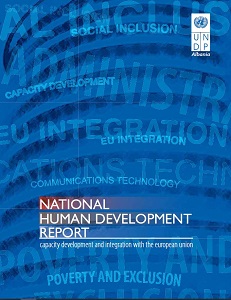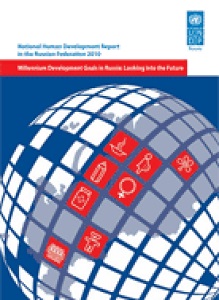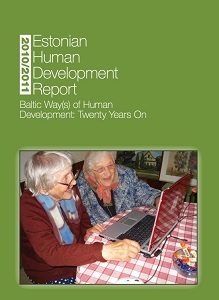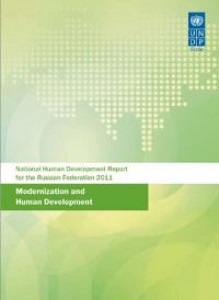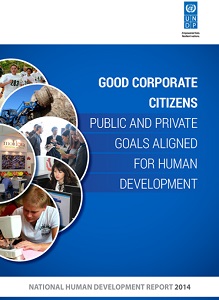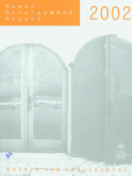
UNDP - HUMAN DEVELOPMENT REPORT 2002 - BOSNIA and HERZEGOVINA
UNDP - HUMAN DEVELOPMENT REPORT 2002 - BOSNIA and HERZEGOVINA
Keywords: Bosnia and Herzegowina 2002;
After a review of economic progress over the last few years, the report looks at major critical areas, like privatiza-tion, unemployment, the grey economy, corruption, education, social welfare, healthcare, pensions, gender equality and crime. These, the authors argue, form a nexus of social and economic disease, a national pathology which re-quires radical surgery if the patient is to be restored to health. As explained in the introduction, this pathology is encapsulated in the Human Development Index (HDI) for BiH, presented here for the first time. This is a moment of particular significance for UNDP, as formulation of the index is perhaps the major reason the reports were launched in the first place. Just as little else in BiH is simple, neither has calculation of the HDI been, and the problems we have faced in preparing and in presenting it are a fair symbol of the problems facing economic and social policy in the country as a whole. At first and even second glance, the figures appear alarming. Not merely is the HDI for BiH far below the European Union average, which is not particularly surprising, but the country appears to be in worse shape than almost any other country in the Southeast Europe Stability Pact, Central and Eastern Europe or even in the Commonwealth of Independent States. To cite only the most striking element, the GDP per capita component, the calculations presented in the annex, place BiH 61% below the EU average, 21% lower than the world average and 19% lower than the Stability Pact average. This is not good for a country that, 15 years ago, enjoyed a standard of living among the highest in the region. How sharp the decline has been is revealed by comparison with the data for Slovenia and Croatia, who, along with Hungary, lead the regional table. They are ranked 22% and 12% ahead of BiH, respectively. This is surely a sad state of affairs - if the picture is accurate. And because of the legacy of war and poor post-conflict governance, one is tempted to assume it must be. But that is precisely the problem - it is not accurate. The data is simply not available to allow accurate calculation. The authors are aware of this and the readers should be too. This begs the question - why present and analyze data we know to be questionable? What use is the admittedly inaccurate picture thus gained? Well, a first step is a first step and even data one knows to be distort-ed may be useful, if one can compensate for the distortion. The major achievement of the authors has been precise-ly to focus their analysis on key areas of distortion and to correct for it. There are thus extensive passages in the main text and the annexes that discuss the inadequacy of official figures and attempt to provide more realistic esti-mates. Of course, we have not been able to incorporate these estimates into the HDI, which must be based on offi-cial data. We are however in a position to use it more intelligently. On a final note, the focus of this report on diagnosing the national pathology seems to me to be particularly fitting, as the country prepares to elect the first government with a full, fouryear mandate. The best election result would be a government with a clear, constructive mandate to pursue reform actively, rather than one that will have to be passively reformed by external pressures. This would be a major step towards shedding the mantle of semiprotectorate status. In the absence of such a result (which is uncertain given the fragmentation of the BiH electorate), the leading politicians of BiH must show the maturity to work together to prevent a further slide down the human development ladder. We all want BiH to move up the H.D. index by way of real human development rather that by "sleight of hand" in manipulation of uncertain data. This is where the census comes in so that the HDI for BiH can become reliable.
More...
